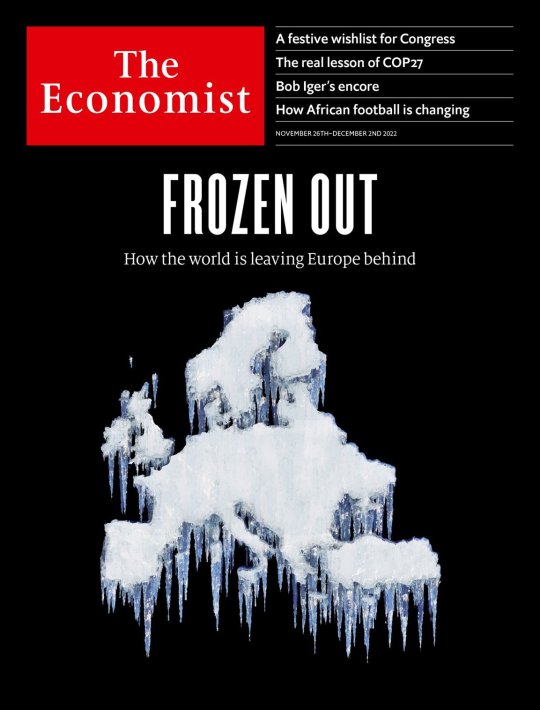#frozen magazine
Text
Open Gates Festival
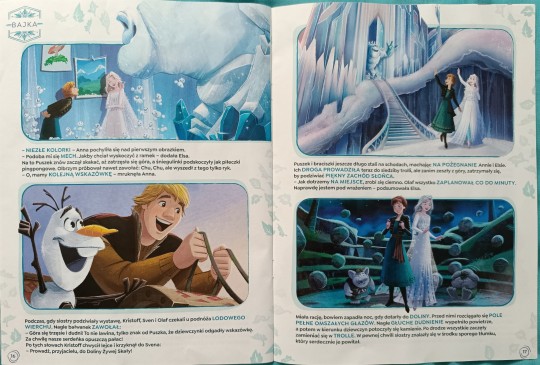
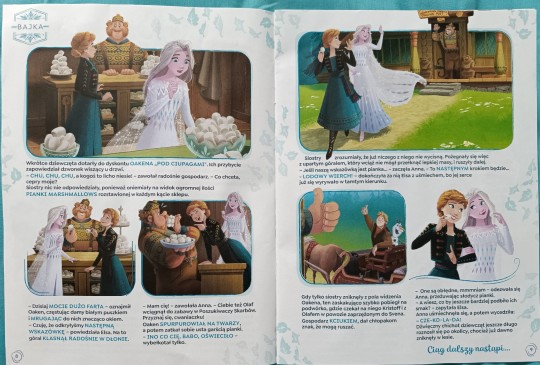
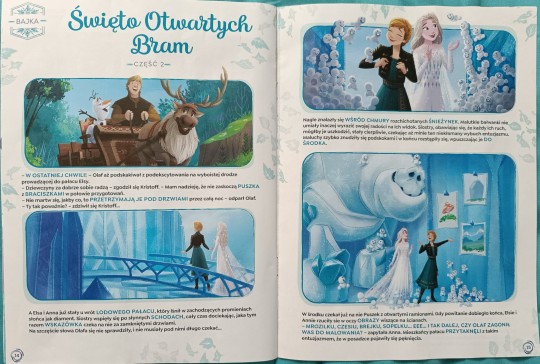
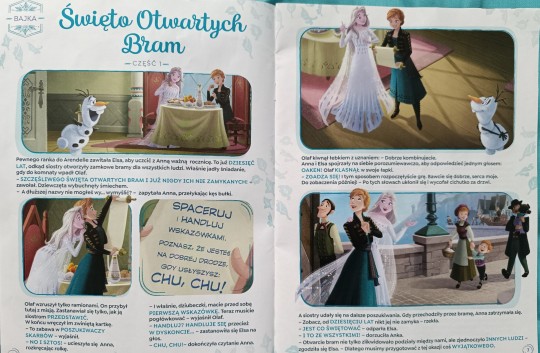
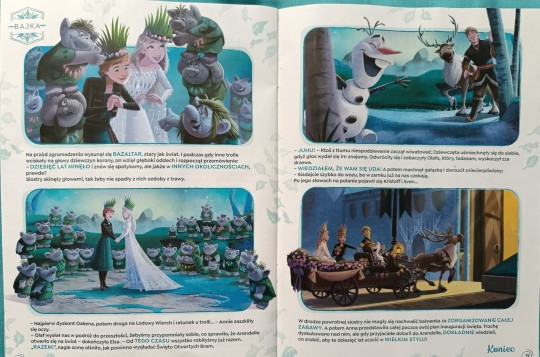
30 notes
·
View notes
Text
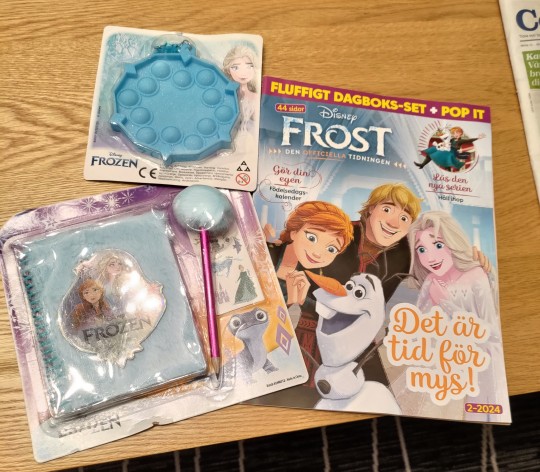
The March edition of the Swedish Frozen magazine is here. A few treasures inside
Both sisters appearing for once (though not together). Plus a rare appearance from Nøkk!

Bruni being adorable 🥹
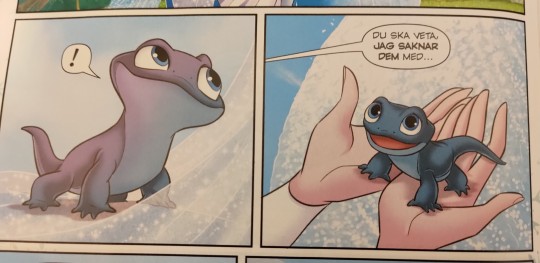
Some new Anna and Elsa art!

And... this 😂


It also came with this free notebook and pencil. Now I finally have a place where I can jot down all my fanfic ideas! Oh, and I discovered where all the world's micro plastic pollution comes from 😐🚮

#frozen#frozen 2#disney frozen#frozen magazine#frozen comics#frozen merch#anna and elsa#anna#elsa#olaf#bruni#nokk
28 notes
·
View notes
Text
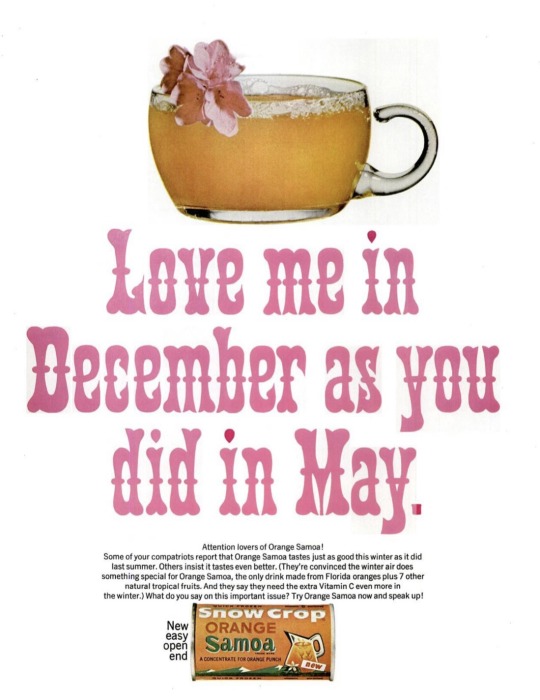
1963 Orange Crop frozen punch
#punch#snow crop#frozen#canned#cerealkiller#vintage food#food#vintage advertising#vintage magazine#kitchen#magazine#1960s#60s#1963
4K notes
·
View notes
Text
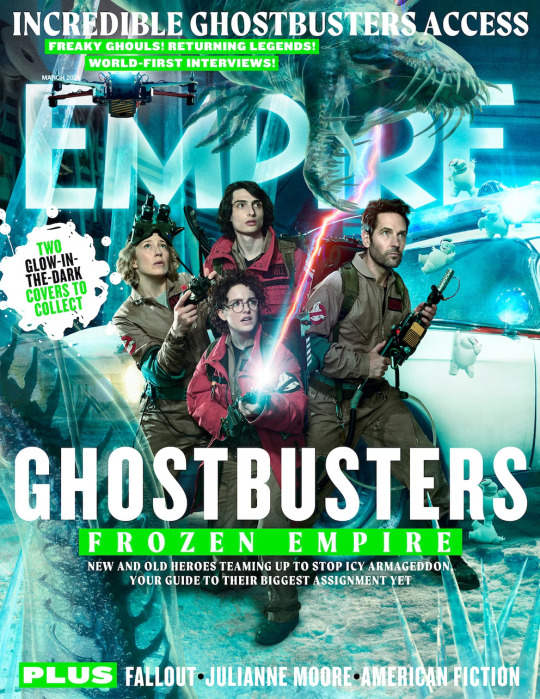

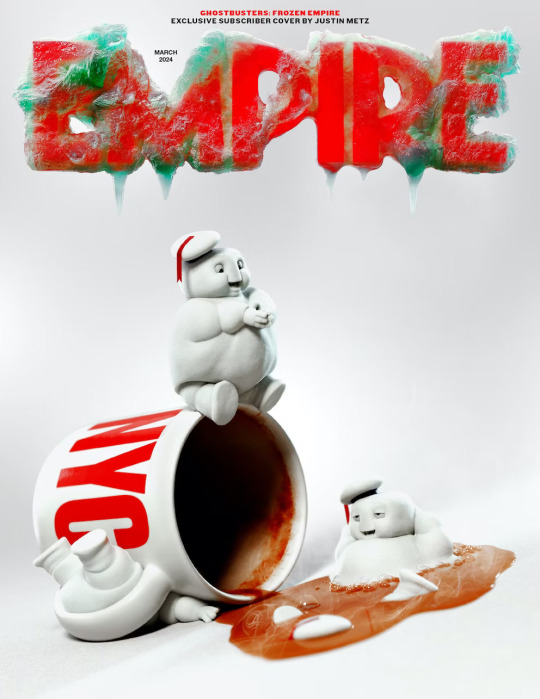
Empire Magazine March 2024 Issue Covers for Ghostbusters Frozen Empire
#ghostbusters#Ghostbuster Frozen Empire#frozen empire#Empire Magazine#peter venkman#ray stantz#winston zeddemore#janine melnitz#trevor spengler#phoebe spengler#callie spengler#gary grooberson#carrie coon#finn wolfhard#mckenna grace#paul rudd#dan aykroyd#bill murray#ernie hadson#annie potts
160 notes
·
View notes
Text

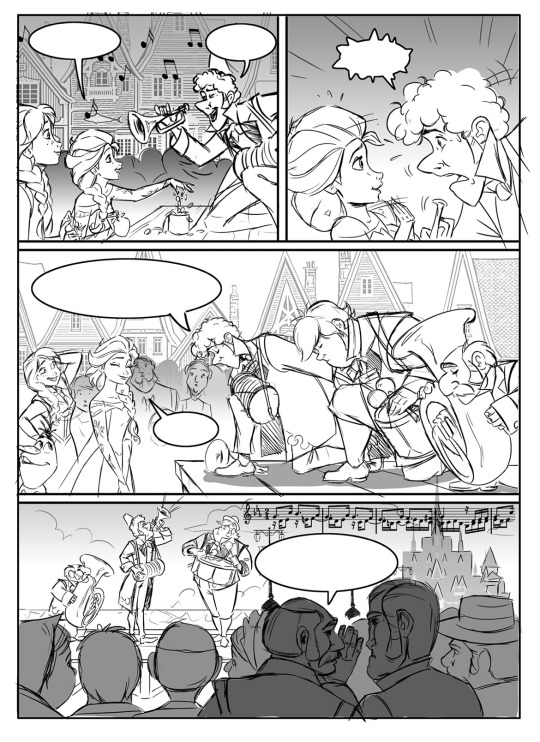

Comic art by Gianluca Barone
#frozen#elsa#anna#Kristoff#Olaf#Sven#miscellaneous characters#Gianluca Barone#frozen comics#frozen magazines
55 notes
·
View notes
Text
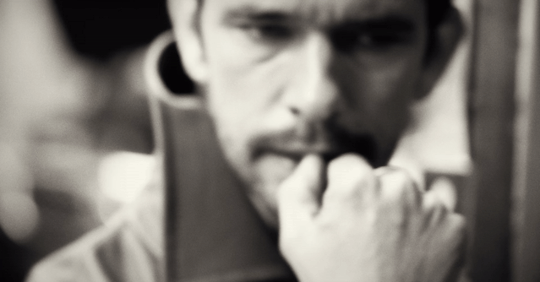

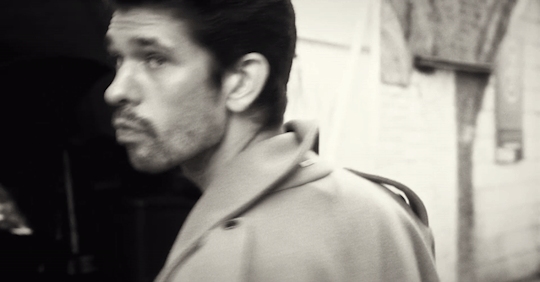
#ben whishaw#1883 magazine#i'm just putting random old ben stuff in my queue until he does something :)#if he makes me wait too long i'll start posting those ancient adverts for frozen chicken he did
118 notes
·
View notes
Text
Sweet kristanna moments from this month´s German Frozen Magazine.

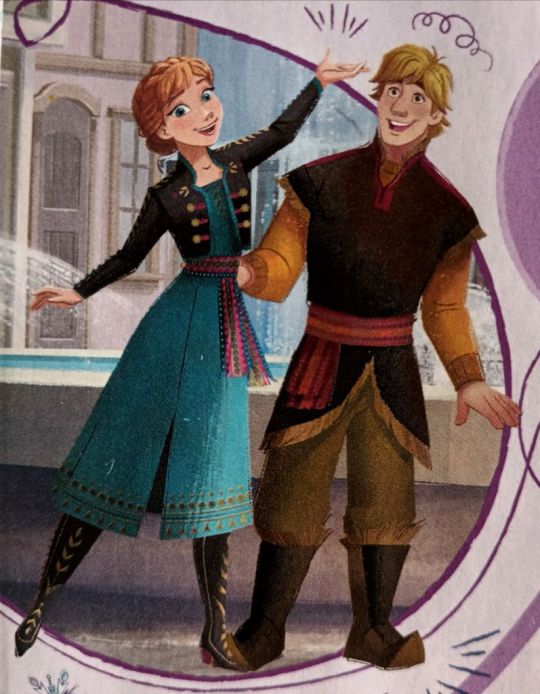

110 notes
·
View notes
Text
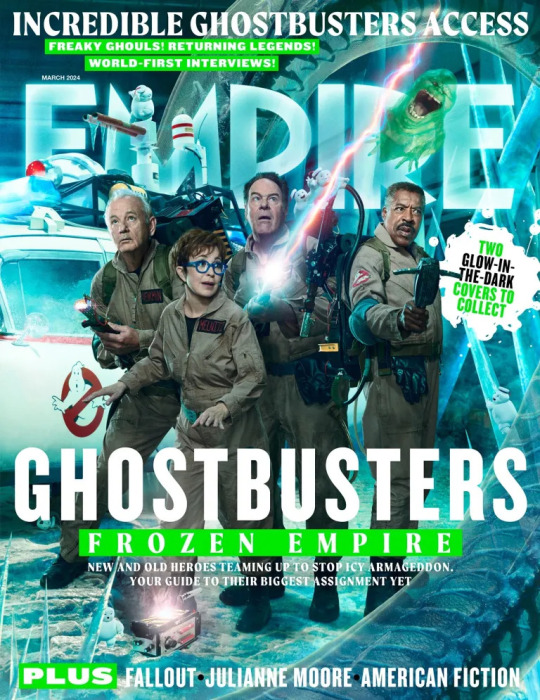

Ghostbusters: Frozen Empire’ – Promo Photo from Empire Magazine
#ghostbusters#ghostbusters frozen empire#movies#cinema#film#2024#empire magazine#photo#photography#Carrie Coon#Mckenna Grace#Annie Potts#Paul Rudd#Bill Murray#Dan Aykroyd#Finn Wolfhard#Ernie Hudson#Slimer
13 notes
·
View notes
Text

In case you were curious, yes they do glow in the dark
9 notes
·
View notes
Text
Derek Bailey / Paul Motian — Duo in Concert (frozen reeds)
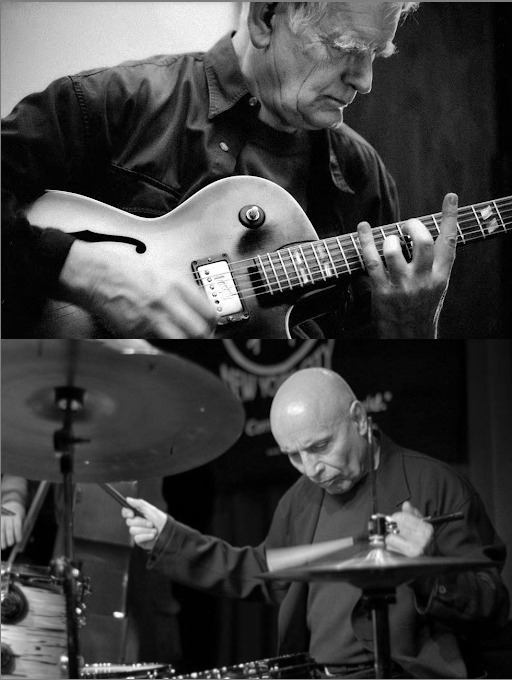
Specializing in archival recordings, the Helsinki frozen reeds label has come up with another doozy. This time unearthing in the Incus archives previously unreleased concert recordings of guitarist Derek Bailey and drummer Paul Motian for the release "Duo in Concert." Released at the tail-end of 2023, the LP version captures the duo live at the 1990 Jazz Marathon at De Oosterpoort festival in the city of Groningen, the Netherlands. As bonus digital tracks, the label offers recordings made at the New Music Cafe in New York City in 1991. A conversation between Bill Frisell and Henry Kaiser discussing these recordings and their collective experiences playing with Bailey and Motian is included as liner notes.
It's hard to approach a recording from two of my all-time favorite artists with any sense of objectivity, not to mention a heavy dose of expectation. And with a pairing that — at least on paper — doesn't immediately make outright sense, a certain degree of trepidation preempts the initial listening process as well. Accounts of both Bailey and Motian's contrariness and adversarial approach to performing are legion. Having seen both musicians live, I always had the feeling that everything could go off the rails at any moment. There was a certain sense of peril and uncertainty that pervaded their music — and not only because what they were doing was risky but more because they didn't seem to adhere to any rules of musical decorum.
When I first saw Bailey play solo in the mid-1980s, he broke off his set mid-concert to start sharing what seemed like random anecdotes with the audience, then picked right back up and started to play all over again. He stopped abruptly once more a bit later to tune his guitar (actually not much unlike what goes on in Indian classical music). It was almost as if he didn't see the point of himself being there. What he played — when he actually played — was undeniably brilliant. But his attitude came across as ambivalent and irascible, to say the least.
Similarly when I caught Motian in the early 1990s with his trio of Bill Frisell and Joe Lovano, he seemed to revel in the act of eloquent disruption, of not letting things ride but of seeking to derail and create situations where the music took sudden turns down unknown roads. Motian soloed like a kid discovering the drums for the first time, alternately bashing the toms or dropping bombs of bass drum cymbal crashes, then suddenly shifting to exquisite brush work on the snare, echoing his time with Bill Evans.
So, what was I to think of this improbable pairing? Obviously, from the start I was rooting for them. These guys were my heroes. But heroes also fall. I'm happy to say that over repeated listens "Duo in Concert" did not disappoint for one second of these recordings. It would be interesting to know if this concert in Groningen was their first meeting, or if they'd had the chance to play together in a more informal setting beforehand, because the 35-minute set sounds so fresh and invigorating. As if they had met for the first time, discovering their shared language and limitations in real-time before a festival audience. Adding to this the music also comes across as very intimate, as if Motian and Bailey had already played many years together and were picking up on a conversation they'd been having the last time they met. Consequently, both players sound not only completely engaged with the music, but actually excited by what they're coming up with. Practically as though they found themselves in a perpetual state of surprise and delight for the entire length of the concert. "Duo in Concert" is truly an inspiring listen.
There is much to expect that actually transpires: Bailey's spikey, chromatic fields played in jagged rhythmic runs across an incredibly wide dynamic range, spanning the spectrum from ringing harmonics on the verge of feedback to barely caressing the strings with his pick. And then there's Motian's incredible brush work paired with bombastic tom fills and tremorous bass drum drops. The real mystery is how this all manages to coalesce into — for lack of a more apt expression — an undeniable example of sheer poetry in sound. The mutual respect and inspiration between Motian and Bailey so evident in these recordings is in itself one of the most compelling aspects of this release.
A major unifier here would have to be Bailey and Motian's shared backgrounds in jazz. Bailey used to refer to himself in his earlier musical incarnation as previously sounding something like Jim Hall. But of course by the mid-1960s had realized he would, as Henry Kaiser states in the liner notes, have to depart for Planet Improv and leave the world of jazz behind. By this point in his long career Motian still had certainly more invested in the jazz tradition but seemed not to worry about what this meant. He'd long since moved on beyond what the rule keepers of the jazz world had imposed. Yet Motian also never went totally free like Bailey. And in fact, this would be the first record I'd heard where Motian plays from scratch, without any vague road map or composition to steer the musical proceedings.
But it is precisely this jazz background which lends an unmistakable narrative thread to the concert at Groningen. Bailey and Motian's collaboration is truly like a conversation in the most literal sense of the word. And like the greatest musical conversations in the context of jazz music, both players join together for this one brief point in time to tell a story together, listening and building their musical ideas from their dialogue. As hackneyed as this may sound, the end effect is a perfect example of instant composing, of creating a totally cohesive, rigorously structured piece of music from thin air.
And this encompasses signifiers of a more narrative approach along the way: towards the midpoint of the set, Bailey fades out to let Motian take the practically obligatory drum solo, a roiling, thunderous affair across the toms and cymbals. This is followed by Bailey jumping back in with what in a more conventional jazz piece, could be the main soloist picking up again with another long passage. Along the way Bailey engages in some of the most impressionistic and nearly melodic playing I've ever heard from him, even approaching what one could construe as comping rapid chord variations to Motian's hard-driving pulse. The set ends with Motian playing a very grooving swing pattern on the high hat that not only absolutely works with Bailey's field of dissonant harmonic notes but is in itself a stroke of genius, melding the two worlds of jazz and obdurate free improvisation with a gesture of contrast and a nod to the history both of these musicians had left far behind but by no means forgotten.
For fans of Derek Bailey and Paul Motian "Duo in Concert" is an absolute must listen. For those unfamiliar with either of these artists' work, this release would be a great place to start, not only because it captures them both at the height of their powers but is also a convincing and highly moving documentation of free improvised music that shouldn't be missed.
Jason Kahn
#derek bailey#paul motian#duo in concert#frozen reeds#jason kahn#albumreview#dusted magazine#jazz#Jazz Marathon at De Oosterpoort#live#free improvisation
10 notes
·
View notes
Text

Frozen magazines
Rushing River comic
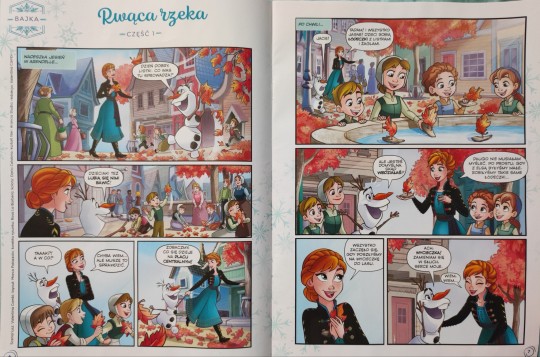


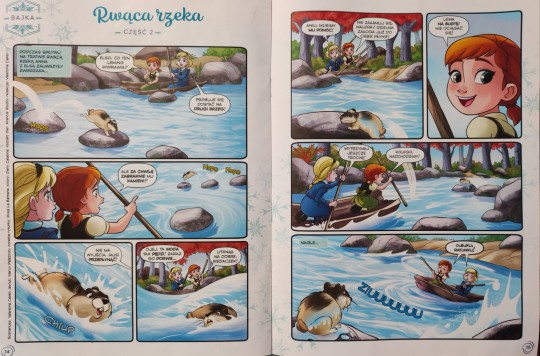


86 notes
·
View notes
Text
wow ok i am now squarely in the target demographic for Chatelaine Magazine but their content is so great i'm not even mad about it, is this what it feels like to know middle age is fast encroaching?
#a very specific experience for a canadian in her thirties perhaps#chatelaine is mostly a magazine about cooking and homes and stuff#but it has always had a minorly subversive edge#in the 50s they were publishing articles like 'women: stop faking orgasms! it is bad for you and your husband!'#which is not a take you expect from a 1950s women's magazine#here in the 2020s they are one of the few mainstream media sources i've seen that has published anti-0zemp!c pieces#so you know#like i said#i am not mad#their reviews about like the best frozen pizza or the best jarred marinara sauce are RIGHT#their recipes are GOOD#their advice about whether you should install a heat pump is HELPFUL#and their opinions on women's issues are generally REASONABLE#but i do also feel slightly old
8 notes
·
View notes
Text

1966 Swanson Shrimp Frozen TV dinner
#1966#shrimp#frozen#Swanson#seafood#tv dinner#cerealkiller#vintage food#food#vintage advertising#vintage magazine#kitchen#magazine#60s#1960s
74 notes
·
View notes
Text
Ghostbusters: Frozen Empire Finally Lets Janine Be A Ghostbuster: ‘It’s All Hands On Deck,’ Says Annie Potts – Exclusive
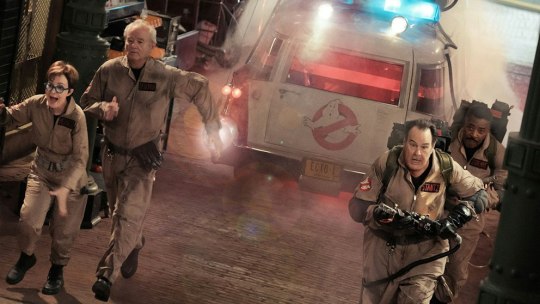
“It’s a desperate situation, so it’s all hands on deck,” Potts tells Empire in the world-exclusive Frozen Empire issue. “It turns out Janine is quite capable – as most women tend to be when given the chance.” By the sounds of it, she’ll be a vital addition to the bench of ‘busters – though Potts didn’t necessarily expect to get in on the action. “It came as a real surprise,” she says, adding that it wasn’t initially in the script. “We were weeks into shooting and Gil [Kenan, director] came up to me and said, ‘We think it’s time… We’re gonna have you suit up.’”
Once she got the suit on, it felt just right. “I have to say I did [get a kick out of it]. Janine has served long and well, and I felt like she was finally getting her stripes, you know? She’s clearly stayed in touch with the guys [between Ghostbusters II and Frozen Empire], and she’s really been the keeper of the flame at the Firehouse. The Ghostbusters are kind of superheroes, so it’s very nice to finally be seen in that way, too.” Janine even gets a fresh bit of ghostbusting kit – though what exactly she’s equipped with, Potts is keeping quiet for now. “It’s… not a proton pack,” she teases. “Thank God I didn’t have to put a pack on, because they’re murderously heavy, and us OGs are getting on a bit.” Looking for another ghostbusting legend? We got one!
Read the full article in Empire Magazine Online
#ghostbusters#janine melnitz#annie potts#ghostbusters frozen empire#empire magazine#frozen empire#ray stantz#peter venkman#winston zeddemore#dan aykroyd#bill murray#ernie hudson
62 notes
·
View notes
Text
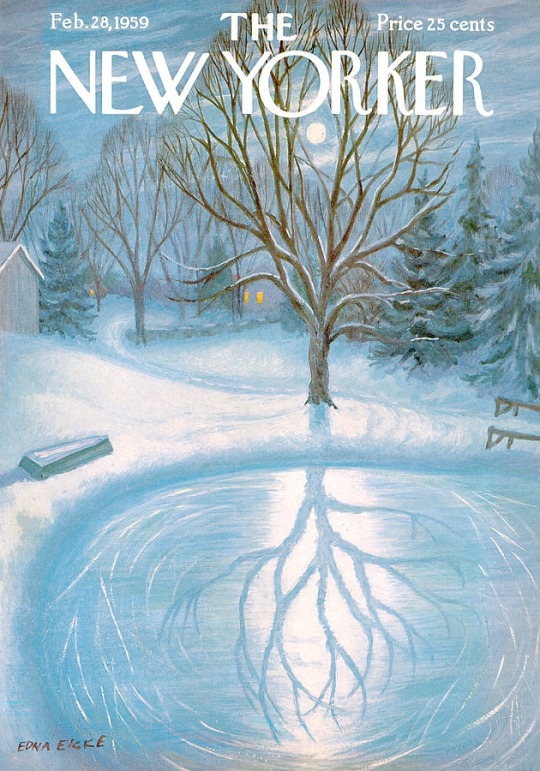
The New Yorker - February 28th, 1959. Cover art by Edna Eicke
#i know this issue came out in february but this cover screams december to me. like everything about it#the new yorker#new yorker#the new yorker magazine cover#new yorker cover art#february 28#1959#art#winter#winter art#wintercore#illustration#cover#Edna Eicke#1950s#snow#pond#lake#frozen#ice#tree#reflection#moon#moonlight#houses#night#nighttime
29 notes
·
View notes
